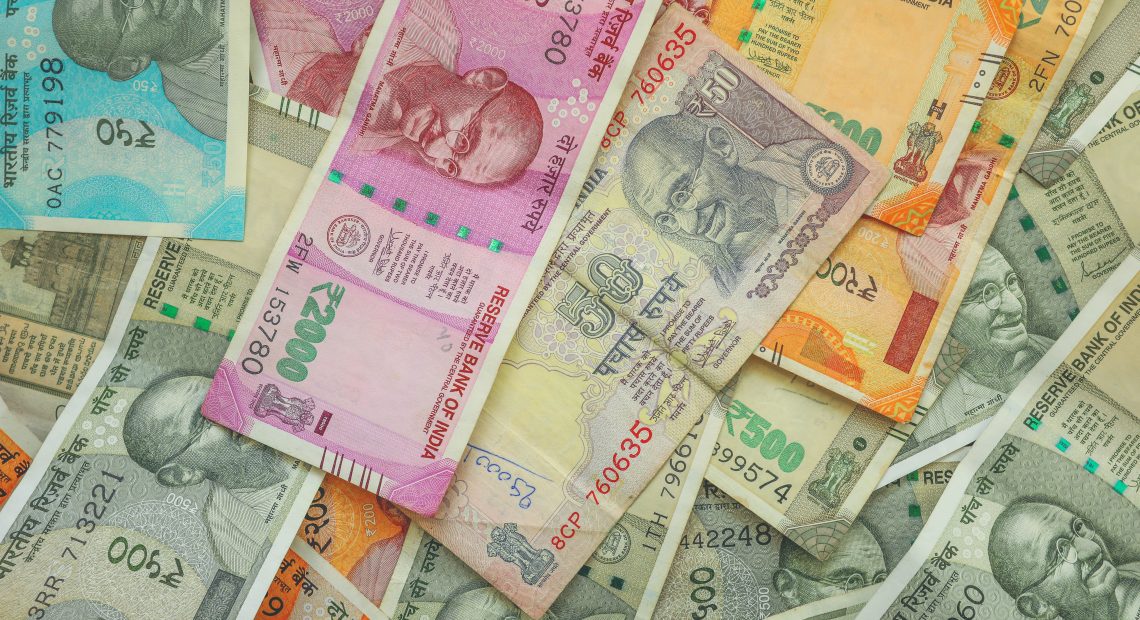
RBI Survey Highlights Cash Preference Among Indian Farmers Amidst Digital Payment Growth
A recent survey by the Reserve Bank of India (RBI) reveals that cash remains the primary mode of transaction among Indian farmers, even as digital payment methods gain traction nationwide. The study indicates that while digital payments have seen significant growth, cash continues to be the favored instrument for agricultural transactions.
Digital Payment Adoption on the Rise
The survey highlights a notable increase in the adoption of digital payment platforms, particularly the Unified Payments Interface (UPI). Launched in 2016, UPI has transformed the digital payment landscape in India, facilitating instant fund transfers and merchant payments. Its user-friendly interface and interoperability have contributed to its widespread acceptance across various sectors.
Challenges in Rural Digital Payment Integration
Despite the overall growth in digital payments, the agricultural sector faces unique challenges in integrating these technologies. Factors such as limited internet connectivity, inadequate infrastructure, and a lack of digital literacy in rural areas hinder the seamless adoption of digital payment methods among farmers. Additionally, concerns about transaction security and a preference for tangible cash transactions contribute to the continued reliance on cash.
Government Initiatives to Promote Digital Transactions
In response to these challenges, the government has launched several initiatives aimed at promoting digital transactions within the agricultural sector. The e-National Agriculture Market (e-NAM) platform, for instance, enables farmers to trade their produce online, aiming to streamline the supply chain and ensure fair pricing. Furthermore, the introduction of the digital rupee seeks to provide a secure and efficient digital currency alternative, potentially reducing the dependency on cash.
Balancing Tradition with Technological Advancement
While digital payment systems offer numerous benefits, including convenience and transparency, the transition from cash to digital in the agricultural sector requires a nuanced approach. Addressing infrastructural deficits, enhancing digital literacy, and building trust in digital systems are essential steps to encourage farmers to embrace digital payment methods. A balanced integration of traditional practices with modern technology will be crucial in achieving a cashless economy in India’s agricultural landscape.
In conclusion, the RBI survey underscores the persistent preference for cash among Indian farmers, even as digital payment platforms expand their reach. Tailored strategies that consider the unique challenges of the agricultural sector are imperative to foster greater adoption of digital transactions among farmers.


















